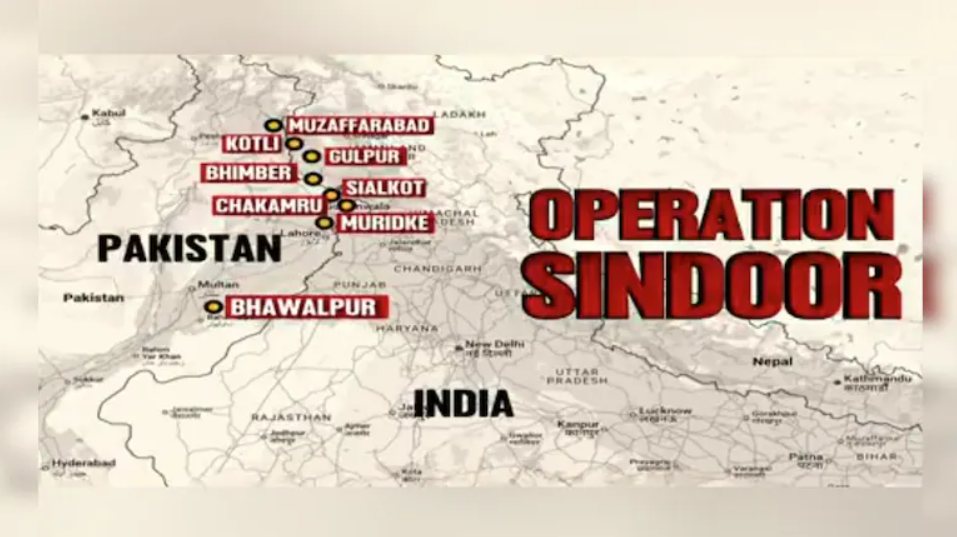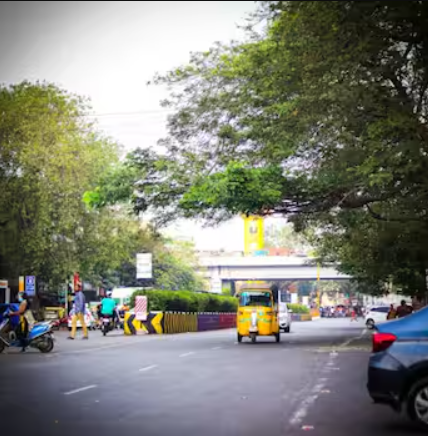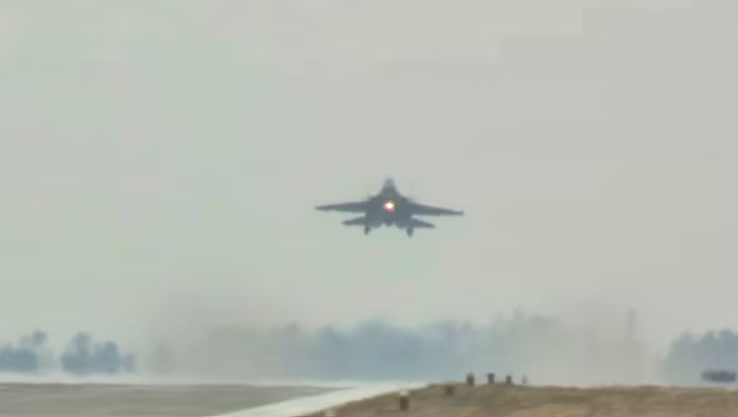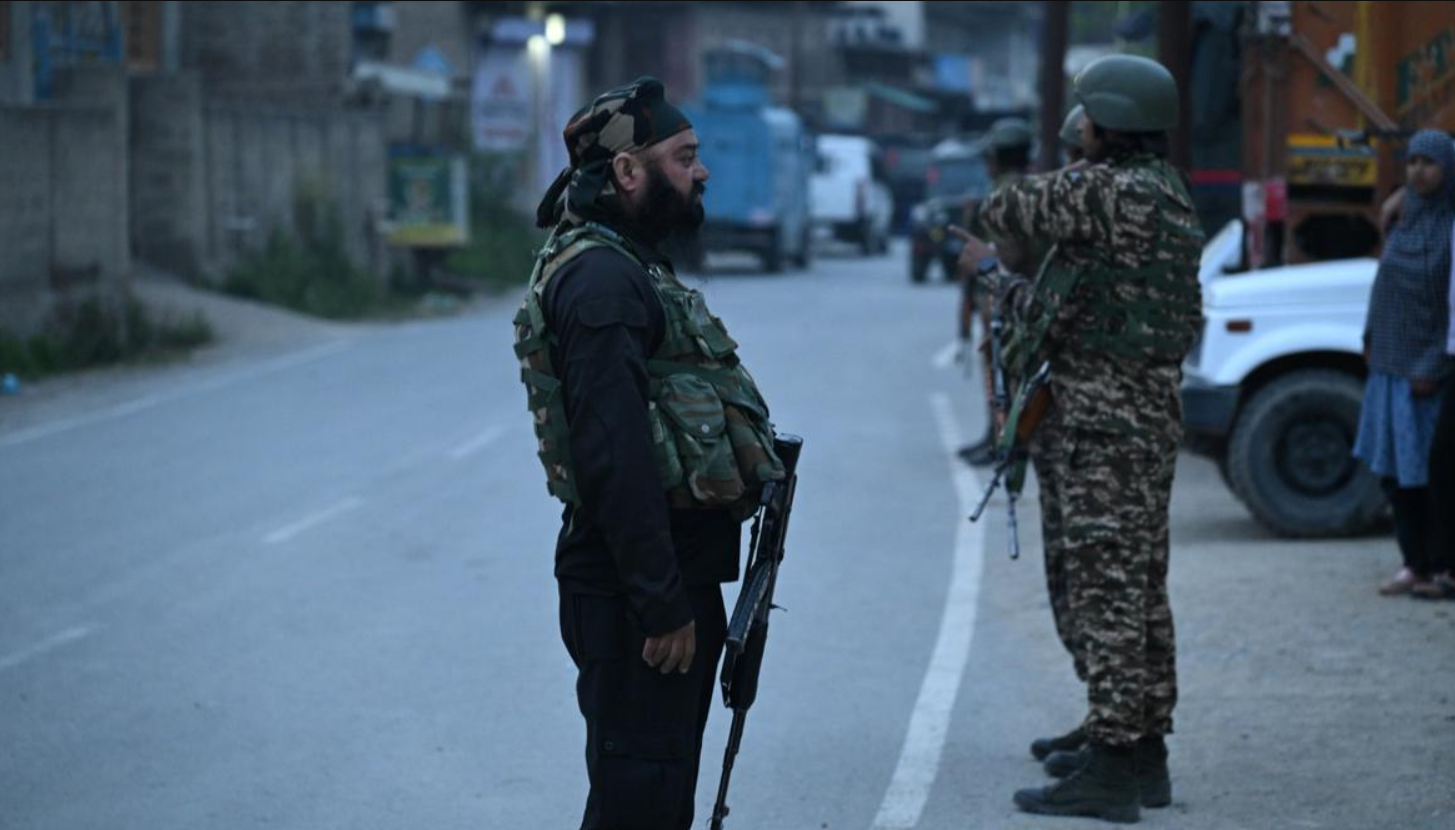
India launched Operation Sindoor on May 7, 2025, targeting nine high-value terror-linked locations across Pakistan and Pakistan-occupied Kashmir (PoK). The operation was a direct response to the April 22 Pahalgam attack, which killed 26 civilians, mostly tourists. All selected sites were deeply embedded in the infrastructure of groups like Lashkar-e-Taiba (LeT), Jaish-e-Mohammed (JeM), and Hizbul Mujahideen (HM).
Why Were These Sites Targeted?
Each of the nine sites hit in the operation had a history of involvement in terror plots against India. Intelligence and military assessments over time flagged these locations for their roles in training, launching, and supporting terrorist activities.
Key Targets and Their Significance
1. Markaz Subhan Allah, Bahawalpur – JeM
Located in southern Punjab, Pakistan, Bahawalpur is the headquarters of Jaish-e-Mohammed, led by Masood Azhar. This group has been connected to several major terror attacks in India, including the 2001 Parliament attack and the 2019 Pulwama bombing.
2. Markaz Taiba, Muridke – LeT
About 40 km from Lahore, Muridke is the central base of Lashkar-e-Taiba and its front, Jamaat-ud-Dawa. The 2008 Mumbai attackers trained here. The facility spans over 200 acres, serving as a training and indoctrination center.
3. Sarjal, Tehra Kalan – JeM
Sarjal, near the International Border, is known to be part of a corridor used by JeM for infiltration into India.
4. Mehmoona Joya, Sialkot – HM
A known Hizbul Mujahideen base near Sialkot. Though HM's influence has declined, camps like Mehmoona continue to be used for training and coordination.
5. Markaz Ahle Hadith, Barnala – LeT
Located near the Line of Control, Barnala is another LeT site identified as an infiltration gateway into Indian territory.
6. Markaz Abbas, Kotli – JeM
This facility in PoK’s Kotli district functions as a training hub for suicide bombers and insurgents. It reportedly hosts up to 50 trainees at a time.
7. Maskar Raheel Shahid, Kotli – HM
Also in Kotli, this camp is linked to Hizbul Mujahideen and has served as a logistics and operational post.
8. Shawai Nalla Camp, Muzaffarabad – LeT
Used for operations into the Kashmir Valley, Shawai has been linked to attacks in Sonmarg, Gulmarg, and Pahalgam.
9. Syedna Bilal Camp, Muzaffarabad – JeM
Another Muzaffarabad-based camp, reportedly used by Jaish operatives for launching cross-border missions.
The Trigger: Pahalgam Attack
The April 22 terror attack in Pahalgam, Jammu and Kashmir, in which 26 civilians were killed, is widely believed to have been coordinated by Lashkar-e-Taiba operatives. This incident acted as the final catalyst for Operation Sindoor.
Operational Details
-
Time: Began at 1:44 AM on May 7
-
Type: Precision strikes using long-range standoff weapons
-
Forces Involved: Coordinated by Indian Army, Navy, and Air Force – the first such tri-services strike since the 1971 war
-
Indian Statement: “No Pakistani military installations were targeted.”
Diplomatic Outreach
Immediately after the operation, senior Indian officials briefed counterparts in key nations including the United States, United Kingdom, Russia, Saudi Arabia, and the UAE, underlining the limited and focused nature of the strike.
Conclusion
Operation Sindoor was not just a military response but a calculated signal. By hitting nine key terror sites with surgical precision, India emphasized that it will respond decisively to cross-border terror while maintaining strategic restraint. The coming days will reveal how this impacts both regional stability and global diplomatic alignments.










